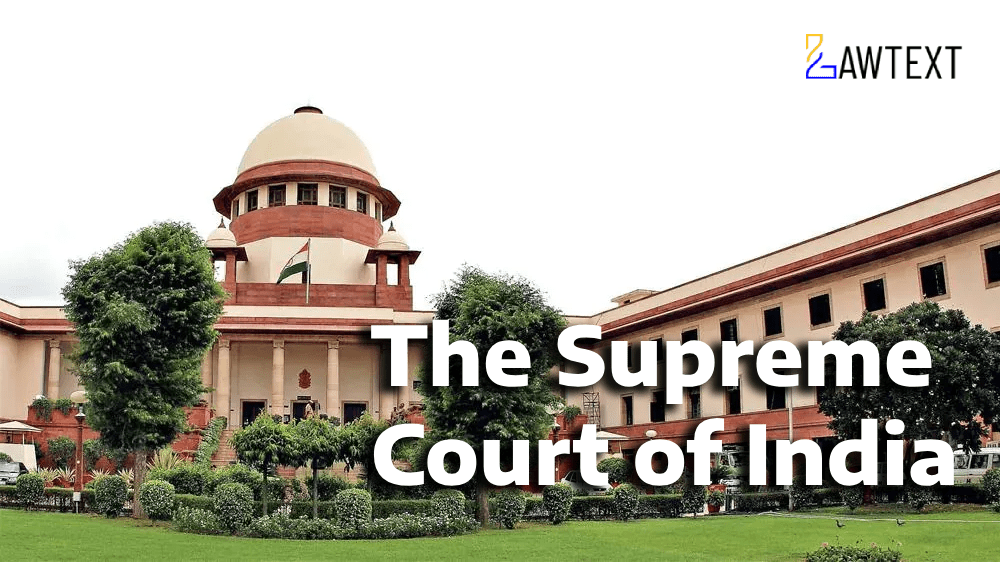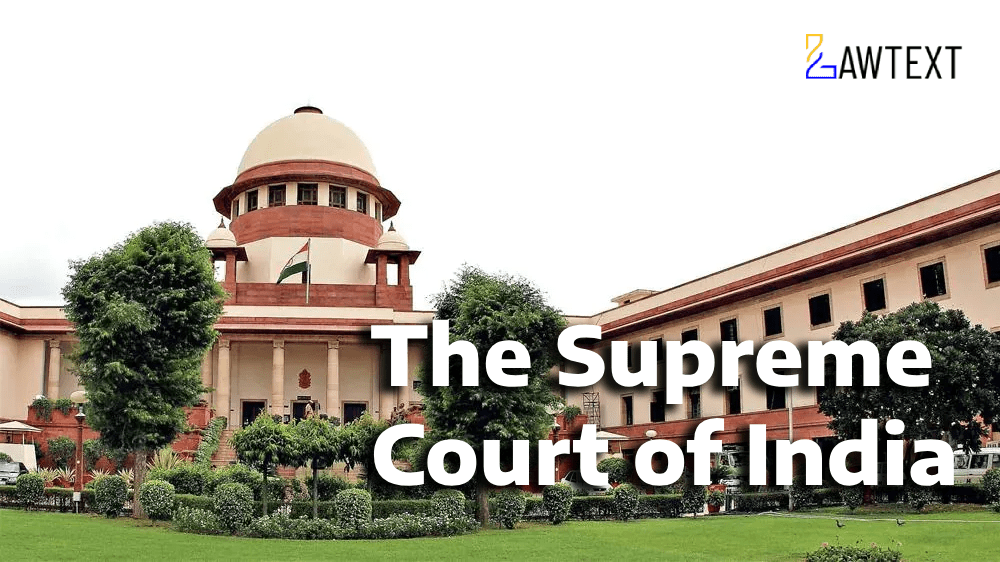Case Note & Summary
The Supreme Court dismissed the appellant’s claim regarding unfair trade practices in a home loan agreement. The court upheld the terms of the agreement, which included an adjustable interest rate determined by HDFC, rejecting the appellant's argument that interest rates were to be fixed based on RBI's Prime Lending Rate. The appellant's contention of misrepresentation by HDFC was not supported by evidence, as the borrower had signed and accepted the terms of the loan agreement.
Background of the Appeal (Paras 1-3):
The appellant sought a home loan of ₹3.5 crore from HDFC in 2005, based on assurances that the interest would be tied to RBI's Prime Lending Rate (PLR). The loan was disbursed, and the agreement was signed on 11.01.2006. Initially, the interest rate was 7.25% but was later raised by HDFC, leading to the appellant’s complaint.Alleged Misrepresentation by HDFC (Paras 4-5):
The appellant alleged that HDFC, through its agents, assured that the interest rate would be tied to RBI's PLR. Despite this, HDFC revised the interest rate multiple times, which the appellant argued was unfair and contrary to the original agreement.Arguments on Adjustable Interest Rates (Paras 6-9):
The court examined the loan agreement, which specified that the interest rate would be "Adjustable" based on HDFC’s Retail Prime Lending Rate (RPLR), not RBI's PLR. The appellant's reliance on pre-agreement emails suggesting the interest would follow RBI’s PLR was rejected, as the signed contract clearly allowed HDFC to vary the rate.Court’s Analysis on Contractual Terms (Paras 10-13):
The court held that once the agreement was signed, the terms regarding adjustable interest rates, as defined by HDFC, were binding. The appellant, being well-informed, could not claim ignorance or misrepresentation after agreeing to the terms of the contract.Precedents on Standard Contracts (Paras 7, 9):
The appellant cited cases related to unfair trade practices and standard contracts but failed to show that HDFC’s actions amounted to unfairness. The court distinguished these cases, noting that the appellant had willingly agreed to the adjustable rate in the loan contract.Final Judgment (Paras 14-16):
The Supreme Court found no basis to interfere with the National Consumer Disputes Redressal Commission's (NCDRC) order, which had earlier dismissed the appellant's complaint. The appellant could not demonstrate that any misrepresentation had occurred or that the loan from another financial institution would have been more beneficial. Acts and Sections Discussed: Consumer Protection Act, 1986 & 2019: The appellant alleged unfair trade practices under these acts, but the court found no merit in the claim as the contract terms were clear and agreed upon by the appellant. Contract Law: The court emphasized the enforceability of standard form contracts and held that the terms agreed by the appellant were binding. Ratio Decidendi:The Supreme Court ruled that when parties sign a contract with clear terms, those terms govern the relationship. Pre-contractual communications cannot override signed agreements unless explicitly included in the contract. Adjustable interest rates in a loan agreement that follow the lender's policies (HDFC's RPLR) are valid, even if contrary to earlier informal assurances. There was no unfair trade practice as the appellant willingly accepted the adjustable rate.
Subjects:Contractual obligations, Consumer Protection, Adjustable Interest Rates in Loan Agreements.
#LoanAgreement #AdjustableInterestRate #UnfairTradePractice #ContractLaw
Issue of Consideration: Rajesh Monga Versus Housing Development Finance Corporation Limited & Ors.
Premium Content
The Issue of Consideration is only available to subscribed members.
Subscribe Now to access critical case issues







